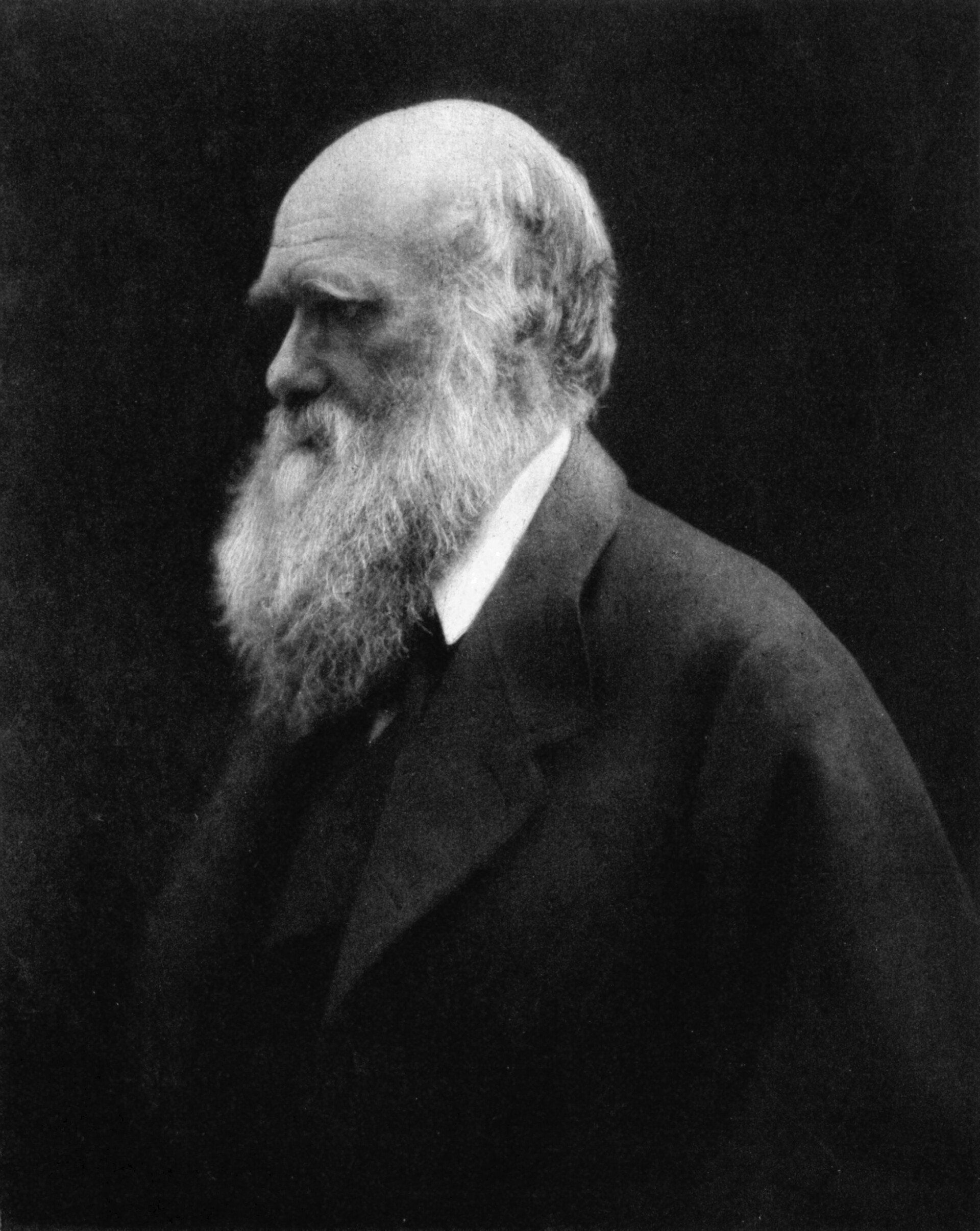Before the arrival on the scientific (and religious) scene of Charles Darwin, the vast majority of citizens, whether scientists or not, were at least tacit believers in the existence of God. So was it Darwin who rocked the boat? Not, according to his biographer, James Moore. Darwin certainly had some major philosophical objections to aspects of Christian theology – such as eternal damnation – but Moore believes that Darwin had a more or less unshakeable belief in the existence of the Creator and makes references to his existence at various points throughout his highly publicised and celebrated “On Origin of Species”.
Didn't Darwin Bury God?
Huxley took up the cudgels of war against the forces of religious conservatism with great relish. In
“On Origin of Species”, he had just the weapon he needed. Ever since, Darwin’s well expounded theory of evolution has become a fundamental platform for atheism. American philosopher, Dan Dennett, agrees that Darwin is crucial to the atheist worldview “Darwin has left God nothing to do” he declares in programme two of The God Question: Life and Evolution.
The Rise of New Atheism
A major platform for atheism was built in a Channel 4 television broadcast series in 2006 “The Root of all Evil?”, presented by Richard Dawkins. This 3 part critique of religion and people of faith which set the war of attrition on a new footing. Subsequently, the BBC produced a documentary series “A History of Disbelief” presented by prominent atheist, Jonathan Miller. The programmes charted increasing disenchantment with belief in God and highlighted the atheism of some well known academics such as Daniel Dennett. Dawkins’s book “The God Delusion” soon followed Journalist and broadcaster, Christopher Hitchens, joined in with his book “God is Not Great” and his journalistic colleague, Sam Harris, wrote “The End of Faith”, followed by “Letter to a Christian Nation” in which he posited the view that Christianity (American style) is irrational and dangerous. Even the more benign and cautious Radio 4 journalist, John Humphrys, pitched in with his best-selling book, “In God We Doubt”. It appeared that people of faith were on the ropes and there was no referee.
In what followed, the conflict model was backed up by stereotyping. People of faith have been branded “creationists”: a whole conceptual package which suggests that the adherent is intellectually blind, believes on the basis of no evidence, is anti-scientific, advocates that the earth is between 6,000 and 10,000 years old - and is dangerous to society and an impediment in any search for truth. The implication is that this characterises all believers.
On the other hand, science is confident, upwardly mobile in its ability to understand and present natural reality, is evidence-based, reliable and, therefore, authoritative.
Any detached observer can see that even-handedness has been conspicuous by its absence.


